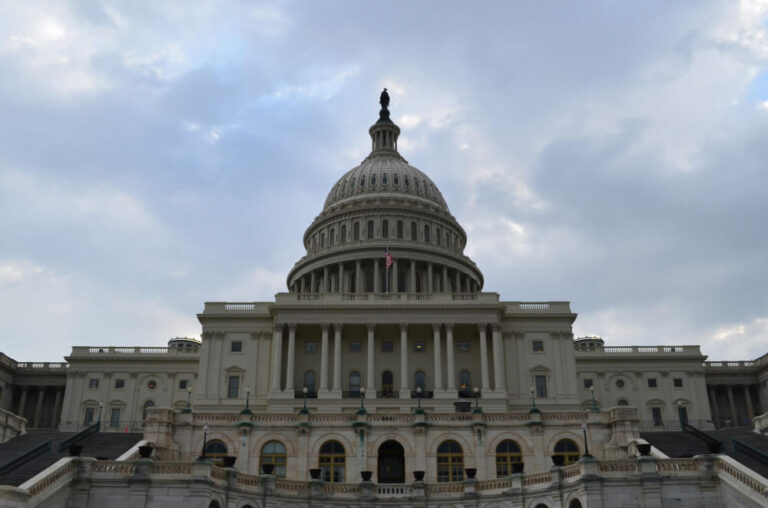Federal Junk Food Ad Ban Gains Momentum
The federal junk food ad ban is heating up, especially after South Australia limited unhealthy food ads on public transport. Senator Sarah Hanson-Young is leading the charge, and folks are buzzing with excitement for similar measures nationwide. With childhood obesity rates skyrocketing, the urgency is clear. Kids face risks from diabetes to low self-esteem, and it's about time someone took action! Companies have been using sneaky tactics to market sugary snacks, and the public is noticing. If these changes pass, we might just see a healthier generation emerge. Stick around to catch all the updates on this juicy topic!
Highlights
- South Australia's ban on junk food ads has sparked interest in implementing similar regulations at the federal level across Australia.
- Advocates, including Senator Sarah Hanson-Young, are pushing for comprehensive restrictions on unhealthy food marketing to protect children.
- The ban targets ads for unhealthy products like sugary drinks and potato chips, particularly in public transport settings.
- There is growing recognition of the need to address childhood obesity through proactive measures and legislative support.
- Future strategies may include expanding regulations to cover online food advertising and educational initiatives on healthy eating.
Junk Food Ad Ban Overview
The recent implementation of a junk food advertisement ban in South Australia marks a significant step towards addressing public health concerns related to obesity and unhealthy eating habits.
This groundbreaking policy, effective from July 1, restricts unhealthy food ads on public transport. It aims to shift public perception by limiting exposure to marketing strategies that promote unhealthy food choices, especially among children.
By focusing on ads for items like potato chips and sugary drinks, the ban seeks to create a healthier environment. Advocates believe this initiative could inspire similar measures nationwide, reflecting a growing recognition of the need to protect vulnerable populations from aggressive junk food marketing.
The hope is that this change will encourage healthier eating habits in the long run.
Health Implications of Obesity
While addressing the rising prevalence of obesity, it is essential to understand its significant health implications.
Childhood obesity has reached alarming levels, impacting not just physical health but also emotional well-being. Health education plays an important role in combating this epidemic. Children who are overweight face a higher risk of developing chronic conditions like diabetes and heart disease at a young age. The long-term effects can be devastating, influencing their quality of life and life expectancy.
Furthermore, obesity often leads to social stigma, affecting self-esteem and mental health. As society grapples with these challenges, it becomes increasingly clear that proactive measures, such as banning junk food advertisements, are critical to protect our children's future and promote healthier lifestyles.
Legislative Support for Ban
Legislative support for a ban on junk food advertisements has gained significant momentum, reflecting a growing recognition of the need to safeguard children's health.
Key figures, like Senator Sarah Hanson-Young, are vocal advocates, pushing for federal action that goes beyond just public transport. They argue that the effectiveness of this policy is essential for public health, aiming to shield kids from unhealthy food marketing.
It's not just about buses and trains; there's a call for a thorough approach that includes online ads too. The push for these measures shows a serious commitment to protecting our youth.
It's about time lawmakers take a stand, don't you think? After all, who wouldn't want a healthier generation?
Scope of Advertising Restrictions
As South Australia implements its groundbreaking ban on junk food advertisements, the scope of these restrictions encompasses a wide array of unhealthy products targeted at children. This includes muesli bars, potato chips, and sugary drinks.
The goal? To limit the media influence that these ads have on young minds. With clever advertising strategies, companies have long pushed unhealthy options, shaping children's food choices.
By clamping down on this marketing, South Australia aims to create a healthier environment and shift public perception toward better eating habits. This move could spark a wave of similar regulations across the country, promoting healthier lifestyles and reducing obesity rates.
It's a step towards a future where kids are less bombarded by tempting junk food ads.
Future Health Strategies
Recognizing the urgent need for extensive health strategies to combat rising obesity rates, South Australia is actively exploring further initiatives aimed at enhancing public health. The government is focusing on preventive measures and improving nutritional education to create a healthier environment for children and families.
| Initiative | Description |
|---|---|
| Nutritional Workshops | Interactive sessions to teach healthy eating habits. |
| School Programs | Curriculum integration of nutrition education. |
| Community Engagement | Local events promoting active lifestyles. |
| Media Campaigns | Public awareness on the dangers of junk food. |
| Policy Expansion | Potential regulations on online food marketing. |
These strategies aim to empower individuals with knowledge and resources, ultimately fostering a community that prioritizes health over unhealthy food choices.







